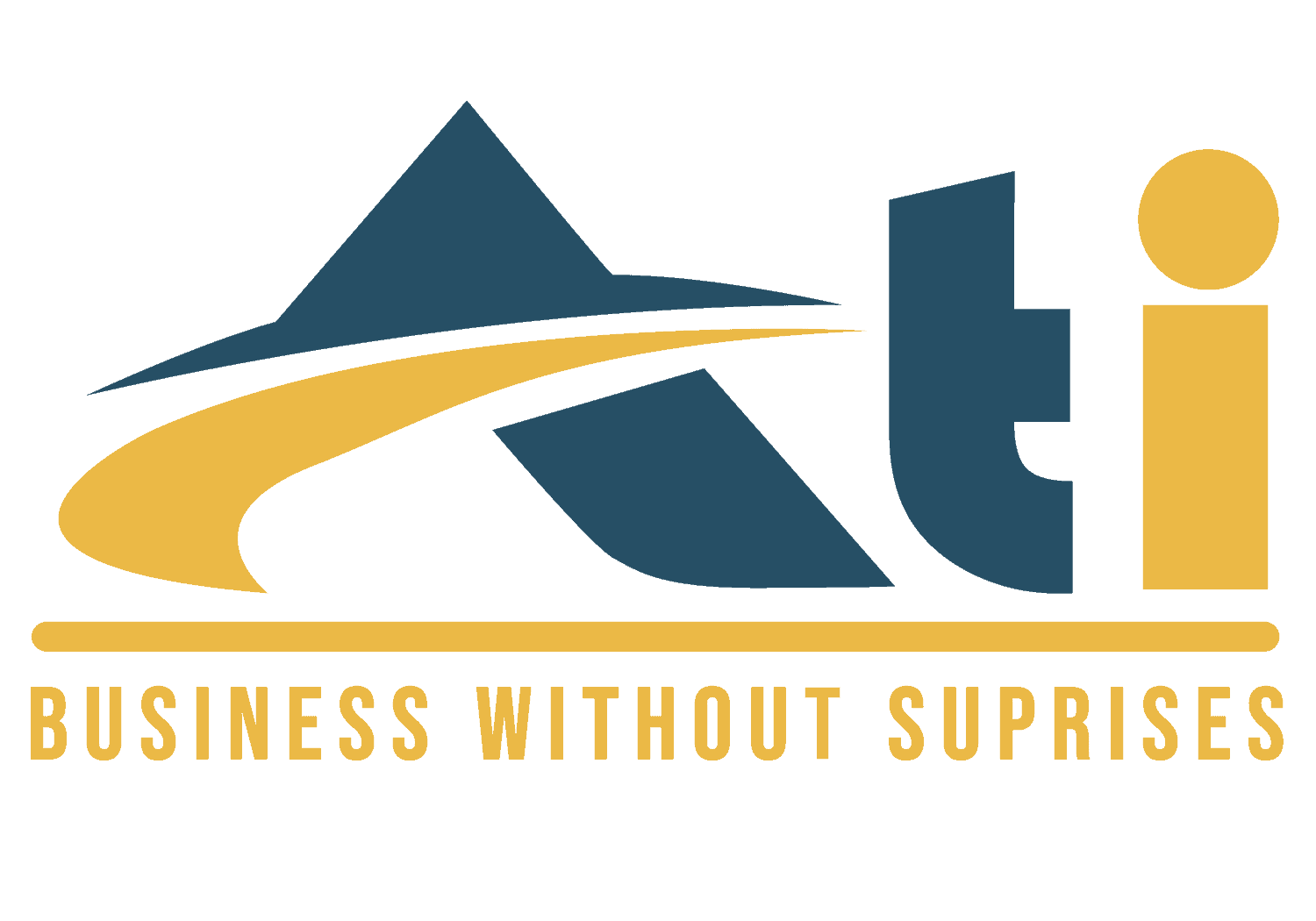Social Compliance Violations by suppliers in the U.S. may not be a concern since they are non-existent. However, this aspect can be completely overlooked when your supplier is half way across the world. If your supplier is found to be violating local and international social compliance laws, it can cause irreversible damage to your business. So, use SA8000.
What is SA8000?
The social accountability 8000 (SA8000) is an international standard for social audits that ensures your supplier conforms to international and local social compliance laws, regulations and worker rights. The companies across the world widely accept SA8000 as an optimal social auditing standard.
What Does a SA8000 Checklist Include?
- Health and safety of workers
- Child labor
- Forced/Bonded labor
- Trade Unions for collective bargaining and freedom of association
- Discrimination
- Disciplinary actions
- Working hours
- Wages and Compensation
- Management
Here is a detailed breakdown of factors listed above:
Health and Safety:
As per the SA8000 standard the workplace should be safe and hygienic. A safety compliance violation can not only result in a failed audit, it can also life threatening situations as was seen in Bangladesh. In order to be compliant with health and safety a supplier must:
- Make sure there are no safety hazards in the factory
- Make sure they assess health risks of mothers, expectant or nursing.
- Provide regular training to factory workers and staff regarding health and safety
- Ensure workers have appropriate protection while working i.e. gloves and hats
- Fire extinguishers should be present in appropriate areas
- Emergency exits are set up according to local laws
Child Labor:
Every social compliance standard included a check for child labor. It is a well-known fact that child labor still exists in Asia. The SA800 states that any child working who below the age of 15 should be considered as a violation. If the local laws state minimum working age is higher, it would still be classified as a violation.
- Workers between the age of 15-18 are classified as “Young worker” unless the minimum working age is higher according to local laws. They are only allowed to work outside of school hours.
- Young workers cannot work late night shifts
- Young workers should not be allowed to work more than 8 hours.
Forced/Bonded Labor:
There have been cases in India, Bangladesh and Pakistan of labor being forced to work. This practice is conducted by withholding documents and delaying salaries. Delayed salaries cause the labor to work tirelessly in hopes of getting paid. At times they have been at it for so long, they don’t see the point of stopping work since that would mean they worked for months without pay.
The SA8000 audit ensures that workers are allowed to leave at the end of their shifts, their termination of employment should be given with sufficient notice. A practice that is often over looked in South Asian countries.
Products which are produced by factories having forced labor are banned from being imported to the U.S., customs is allowed to seize goods for such products.
Trade Unions for Collective Bargaining and freedom of Association:
The social accountability 8000 audit states that the workers are allowed to organize their trade union and hence bargain with the employer as an entity. Workers also have protection form harassment and intimidation if they belong to a trade union.
Suppliers must allow workers to choose their own trade union as per local labor laws. If there are no trade unions, a suggestion box should be put in place for workers to be able to express themselves to factory management.
Discrimination:
Caste, gender, origin, politics, religion and race still play a significant role in terms of employment in South Asia countries. The SA800 states that the suppliers must have an anti-discrimination policy in place when hiring or terminating employment.
Factories Cannot:
- Get involved in the workers right to do something based on their identity. For example, they cannot ask a person of the Sikh religion to remove their turban, they cannot ask a Muslim laborer not to fast during the month of Ramadan.
- Suppliers cannot allow abuse and exploitation of individuals in the work place
- Check if a potential female employee is pregnant
Disciplinary Actions:
The social accountability audit 8000 states that all employees should be treated with respect. Any form of abuse or punishment is unacceptable. In order to make sure there practices are not followed an audit should;
- Randomly interview employees
- Ask them about their experience working for the supplier
- Ask about any punishments or abuse they received from the employer
Working Hours:
The SA8000 states that a work week cannot be longer than 48 hours. Employees should work six days in a row at most followed with one day off. As for overtime, it should be voluntary and cannot be more than twelve hours a week.
Suppliers must allow workers to choose their working hours as per local labor laws, national laws, or by trade unions/collective bargaining. To make sure the factory is compliant with this standard, an auditor must check:
- Interview employees
- Employee records cross checked with time sheets and attendance
It is especially important to look through peak time records when the factory is working on a lot of orders and rushing to meet deadlines. In order to shorten production time using excessive working hour is not only against social compliance laws, it can also lead to sub-par products being manufactured.
Wages and Compensation:
The SA8000 requires the supplier to be paying a minimum living wage that fulfills a worker’s basic needs as well as leave enough behind for discretionary spending. Wages should follow national law or collective bargaining. Overtime wages should be higher than normal wage. National law or collective bargaining by groups and trade unions define this.
It is very common for workers to go on strikes in South Asian countries because of being under paid.
Management:
In order to be fully compliant with the SA8000 there are a set of measures that must be taken by the factory:
- All staff should know that the factory is attempting to comply with the SA8000
- The factory must set up a CSR or an SPT department to oversee the implementation of the standard
- All implementing and conformity procedures should be well documented by in-house teams
- To implement the SA8000 properly, Factory and management should be trained.
- A written procedure must be developed.
The social accountability 8000 is relatively simple as compared with other social compliance audit frameworks. After having read this article we hope you now have a better understanding on what our social audit report is. To make sure your suppliers are following ethical manufacturing, the SA8000 should be a must. The SA8000 would protect you from potential supply chain issues in terms of compliance and production risk.


